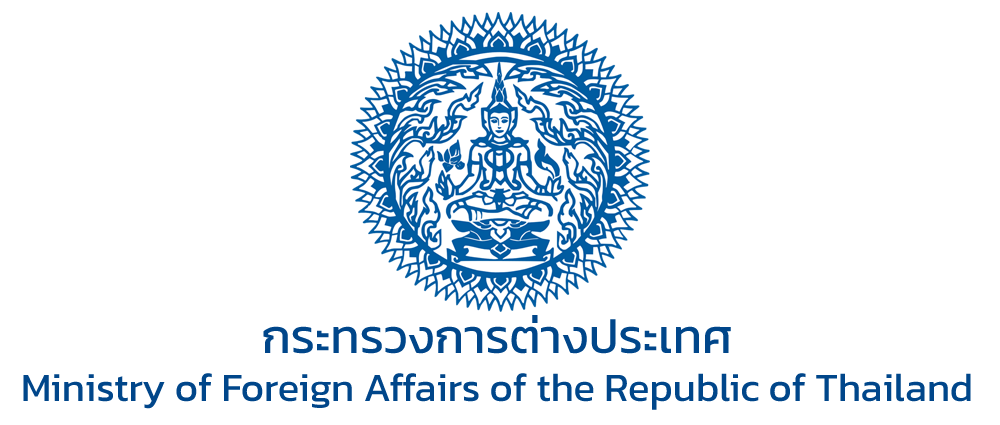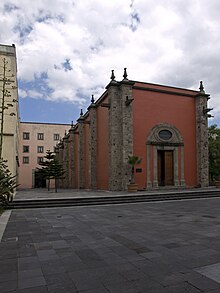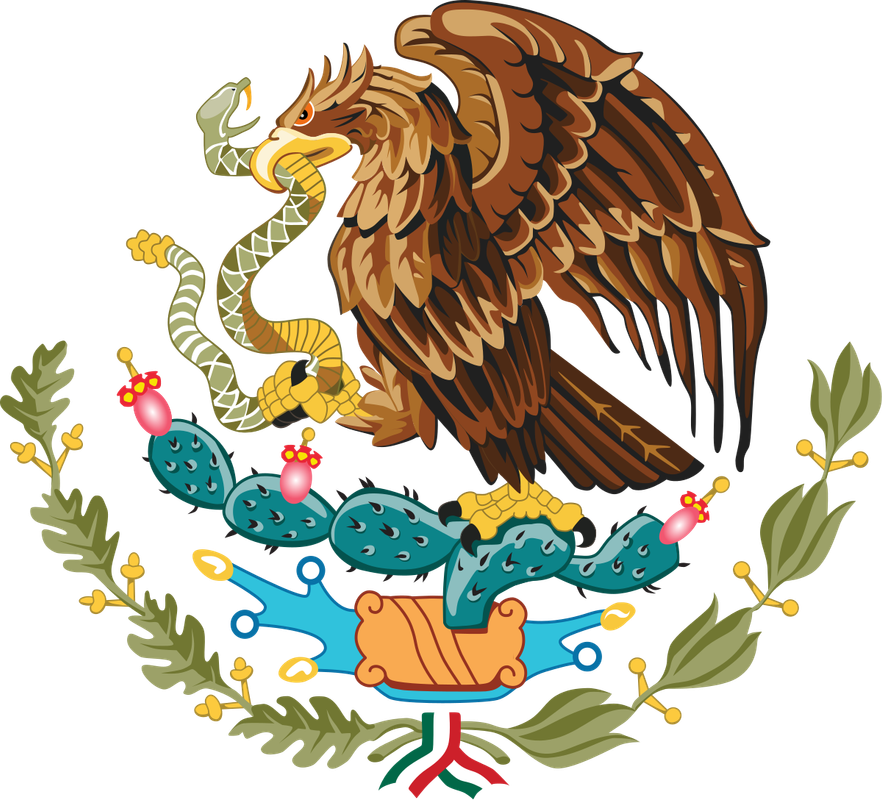- May 4, 2021
- 3,611

| To: <Vincente Fox, President of Mexico> Drivindeath From: <Sarabun@mfa.mail.go.th> Subject: Strengthening tie between Thailand and Mexico Security Type: High Secure Encrypted Method - Protect by NIA Counter-Intelligence Service - The decryption method is sent separately via fax |
Dear President Vicente Fox,
I hope this message finds you well. As the Foreign Minister of Thailand, it is my pleasure to extend warm greetings to you and the people of Mexico. Our countries share a longstanding partnership based on mutual respect and cooperation, and I am committed to deepening this relationship in the years ahead. I have been impressed by the progress that our countries have made in recent years, particularly in the areas of trade, investment, and defense cooperation. Thailand is proud to be an ally of Mexico on the international stage, and we value the close bonds of friendship that exist between our two nations.
As you may know, Thailand has become one of the largest infrastructure project investors in the world, with $35 billion invested in just four years and another $16 billion to come. We believe this investment will help to promote regional stability and prosperity, and we are committed to exploring new opportunities for economic and strategic cooperation with our international partners. Given the strong ties that exist between Thailand and Mexico, I believe there is significant potential for our countries to deepen our cooperation in many areas. Specifically, I would like to explore opportunities to increase bilateral trade and investment, enhance cultural exchanges, expand military cooperation, and strengthen our diplomatic ties.
I would welcome the opportunity to meet with you to discuss these and other issues of mutual concern and to explore ways in which our countries can work together to promote peace, prosperity, and security in the region and around the world.
Thank you for your attention, and I look forward to hearing from you soon.
Sincerely
Surakiart Sathirathai
Minister of Foreign Affairs
Republic of Thailand





